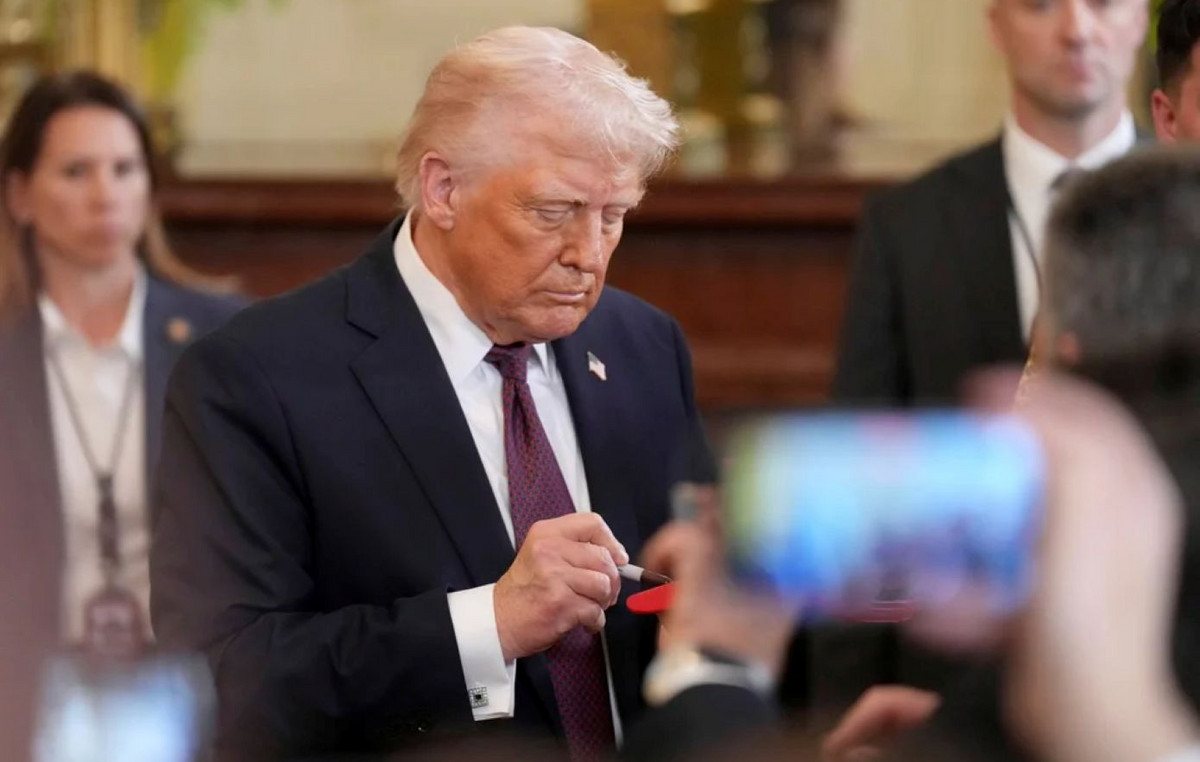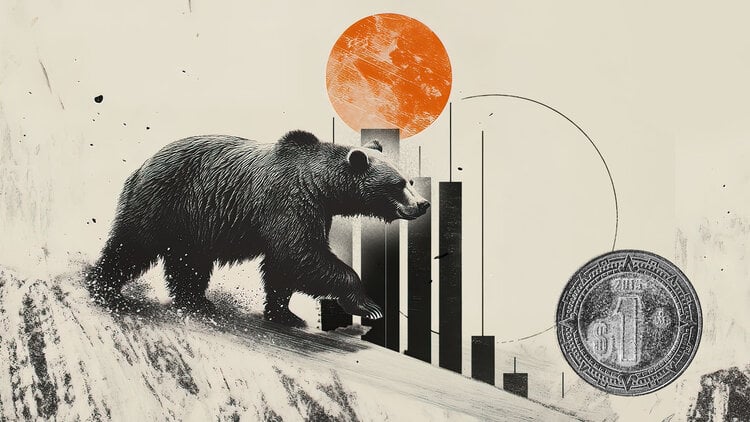Iranian foreign minister Araqchi will visit Russia this week, before a second round of planned negotiations between Tehran and Washington, aiming to resolve the nuclear impasse of decades of Iran with the West.
Araqchi and the envoy of US President Donald Trump to the Middle East, Steve Witkoff, talked in Oman on Saturday (12), during which the Omanense envoy Badr al-Busaidi moved between the two delegations, which were in different rooms in his mascate palace.
Both sides described the negotiations in Oman as “positive”, although a high Iranian authority told Reuters that the meeting “aimed only to define the terms of possible future negotiations.”
Italy would have agreed to host the second round of negotiations, but a source close to the Iranian government told Reuters that, although the US wants to gather in Rome, Iran prefers Geneva.
Tehran addressed negotiations with caution, doubting the likelihood of an agreement and distrusting Trump, who threatened to bombard Iran if there is no agreement.
Washington intends to interrupt the delicate work of uranium enrichment of Tehran – considered by the United States, Israel and European powers as a path to nuclear weapons.
Iran states that the nuclear program is intended exclusively for civil energy production.
Iranian Foreign Ministry spokesman Estaeli Baghaei said that Araqchi will “discuss the latest developments related to mascate negotiations” with Russian authorities.
Moscow, part of the 2015 Iranian nuclear pact, supported Tehran’s right to have a civil nuclear program.
Iran’s supreme leader Ayatollah Ali Khamenei, who has the final word on vital state issues, suspects the US, and the particular president in particular.
But Khamenei was forced to get involved with Washington in search of a nuclear deal due to the fear that internal public outrage with economic difficulties could become mass protests and endanger the existence of the clerical establishment, four Iranian authorities to Reuters told March.
Tehran’s concerns were aggravated by the rapid resumption of Trump’s “maximum pressure” campaign when he returned to the White House in January.
During the first term, Donald Trump abandoned the 2015 Tehran nuclear pact with six world powers in 2018 and reimpts severe sanctions to the Islamic Republic.
Since 2019, Iran has greatly exceeded the limits of the 2015 agreement for uranium enrichment, producing high -level fissile purity stocks, well above that western powers consider justifiable for a civil energy program and close to the necessary for nuclear warheads.
The International Atomic Energy Agency (AIEA) warned about the growing Iranian Uranium inventory enriched to 60% and reported no real progress in solving longtime problems, including the inexplicable presence of uranium traits in unlavoded places.
AIEA head Rafael Grossi will visit Tehran on Wednesday (16), said the Iranian media in an attempt to reduce the differences between Tehran and the agency in relation to unresolved issues.
“Continuous engagement and cooperation with the agency are essential at a time when diplomatic solutions are urgently necessary,” Grossi said on social network X on Monday (14).
Timely to Welcome Iran’s Ambassador Reza Najafi to @Iaeaorg For the Presentation of Hist Credentials, Ahead of My Travel to Tehran
Later this Week. Continued Engagement and Cooperation with the Agency is Essential to Time when Diplomatic Solutions Are Urgently Needed. pic.twitter.com/2i5lifithd
– Rafael Marianogrossi (@rafaelmgrossi) April 14, 2025
This content was originally published in Iran’s minister will visit Russia before the next negotiation with the US on CNN Brazil.
Source: CNN Brasil
Bruce Belcher is a seasoned author with over 5 years of experience in world news. He writes for online news websites and provides in-depth analysis on the world stock market. Bruce is known for his insightful perspectives and commitment to keeping the public informed.







